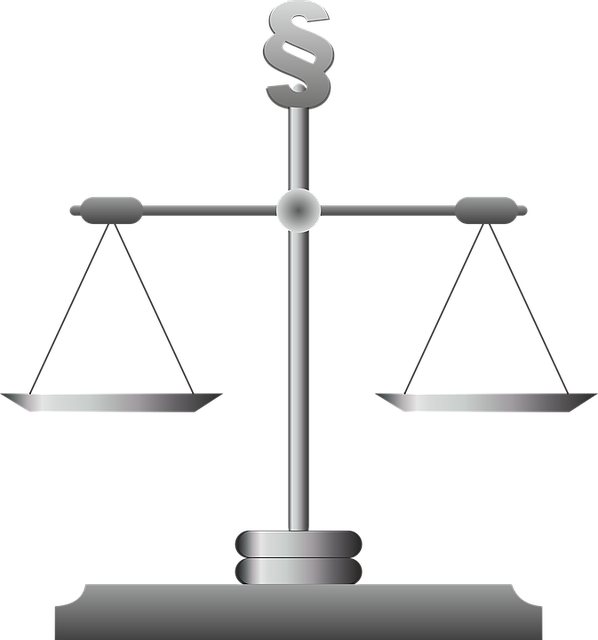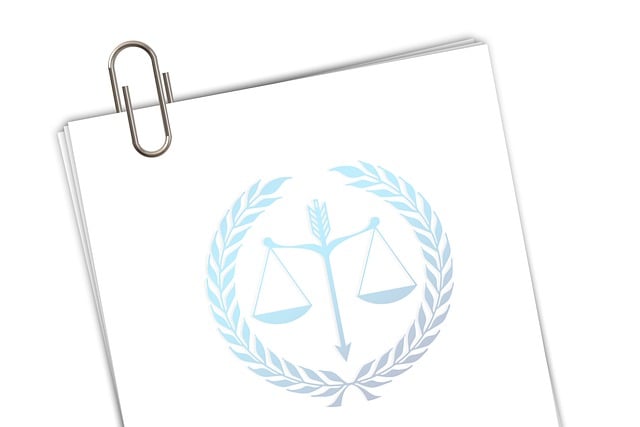In the investment landscape, securities scams and antitrust concerns in pharmaceutical industry mergers pose significant risks. To protect investors, a proactive approach is essential: remain vigilant against deceptive practices, verify advisor legitimacy, and understand regulatory frameworks, especially regarding antitrust issues in pharma mergers. High-profile scams and complex deals trigger regulatory scrutiny, with agencies like the DOJ and FTC monitoring potential dominance and price fixing. Staying informed about red flags and researching investments thoroughly can safeguard individuals and corporations from unethical behavior, fostering a healthier investment environment and market integrity.
“Uncover the insidious world of securities scams and learn how to spot potential red flags with our comprehensive guide. This article delves into the most prevalent schemes plaguing investors, focusing on the pharmaceutical industry’s unique challenges. We explore how antitrust laws play a pivotal role in merging pharmaceutical giants, analyzing notable cases of fraud that have left their mark. By understanding these strategies, individuals can protect themselves from fraudulent practices, ensuring a safer investment landscape.”
- Unveiling Common Securities Scams: A Comprehensive Guide
- The Role of Antitrust Laws in Pharmaceutical Mergers
- Case Studies: High-Profile Pharmaceutical Industry Scams
- Recognizing Red Flags: Protecting Yourself from Fraud
- Regulatory Measures and Enforcement: Combating Securities Frauds
Unveiling Common Securities Scams: A Comprehensive Guide

In the world of investments, securities scams are a prevalent threat that can lead to significant financial losses for both corporate and individual clients. Unveiling these schemes is an essential step in achieving extraordinary results in protecting investors. Common scams often target naive investors with promises of quick riches or exclusive opportunities, utilizing tactics like high-pressure sales pitches, false endorsements, and manipulated market data. For instance, the pharmaceutical industry’s merger scenarios might present enticing investment prospects but could also mask antitrust issues, leading to jury trials if anti-competitive practices are suspected.
A comprehensive guide to identifying these scams involves staying vigilant against unusual offers, verifying the legitimacy of financial advisors, and understanding regulatory frameworks. By being proactive and well-informed, investors can steer clear of potential pitfalls. This proactive approach not only helps in securing investments but also ensures that market integrity remains intact, fostering a healthier environment for corporate and individual investors alike.
The Role of Antitrust Laws in Pharmaceutical Mergers

In the pharmaceutical industry, mergers and acquisitions are common strategies for expanding market share and gaining a competitive edge. However, these deals often spark scrutiny from antitrust authorities due to potential antitrust issues in pharmaceutical industry mergers. The primary concern is whether the merger will result in less competition, driving up drug prices and limiting consumer choice. Antitrust laws, such as those enforced by the U.S. Department of Justice and Federal Trade Commission, are designed to prevent such anti-competitive practices.
When evaluating a pharmaceutical merger, antitrust agencies analyze factors like market concentration, product overlap, and potential barriers to entry. If the merger creates or enhances a dominant position in a particular drug category, it may face close inspection. While some mergers can lead to cost savings through economies of scale, regulators fear these could be passed on to consumers in the form of higher prices. In cases where complete dismissal of all charges seems unlikely, companies often opt for structural remedies, such as divestments or commitments to maintain competition, to resolve antitrust issues in pharmaceutical industry mergers.
Case Studies: High-Profile Pharmaceutical Industry Scams

In recent years, the pharmaceutical industry has been plagued by several high-profile scams, highlighting the need for stringent regulations and increased consumer awareness. One particularly notable case involves a major drug company that engaged in illegal marketing practices, promoting off-label uses of their medications without valid scientific evidence. This strategy, often employed to boost sales, misled healthcare professionals and patients, leading to unnecessary risks and financial losses. The resulting jury trials brought to light the company’s manipulative tactics and resulted in substantial fines and damages.
The allure of quick profits and market dominance has led to antitrust issues in pharmaceutical industry mergers. Some companies have been accused of colluding to set drug prices, restrict competition, and limit patient choices. These practices hinder innovation and often result in higher medication costs for consumers. The exposure of such scams is crucial in ensuring fair business practices within the industry, allowing regulatory bodies to take action and protect public health. Achieving extraordinary results in legal battles against these pharmaceutical giants can set precedents for future cases, fostering an environment where ethical conduct becomes the norm.
Recognizing Red Flags: Protecting Yourself from Fraud

Recognizing red flags is a crucial step in protecting yourself from securities fraud, especially when navigating complex financial landscapes. Investors should be vigilant for any unusual or deceptive practices, such as aggressive sales tactics, unrealistic promises of high returns, or vague and ambiguous language in investment materials. Be wary of investments that seem too good to be true—it’s often a sign of potential trouble ahead. For instance, pharmaceutical industry mergers may trigger antitrust issues, requiring thorough scrutiny to avoid fraudulent schemes disguised as legitimate business deals.
When evaluating an investment opportunity, thoroughly research the company and its representatives. Check for any legal or regulatory actions against them, including investigations related to securities fraud or misconduct. Avoiding indictment and securing a complete dismissal of all charges are not only important for individuals but also essential in maintaining integrity within the financial sector. Stay informed about common scams and stay alert at every stage of the investigative and enforcement process to protect your investments and ensure fair market practices.
Regulatory Measures and Enforcement: Combating Securities Frauds

Regulatory bodies play a pivotal role in combating securities frauds by implementing stringent measures to ensure market integrity. These include enhanced scrutiny of high-risk sectors, such as the pharmaceutical industry, where mergers and acquisitions often raise antitrust issues. By delving into complex transactions, regulators can identify potential red flags and protect investors from unscrupulous practices.
Enforcement strategies involve a multi-faceted approach, combining legal actions against perpetrators with educational initiatives aimed at both the philanthropic and political communities. This concerted effort has led to achieving extraordinary results in high-stakes cases, demonstrating the regulatory framework’s effectiveness in maintaining market stability and investor confidence.
In conclusion, understanding common securities scams, recognizing red flags, and staying informed about regulatory measures are essential steps in protecting oneself from fraud. The pharmaceutical industry, with its complex landscape of mergers and acquisitions, must also navigate antitrust issues to ensure fair market practices. By exposing scams and enhancing awareness, individuals can make more informed investment decisions, fostering a safer and more transparent securities environment.






